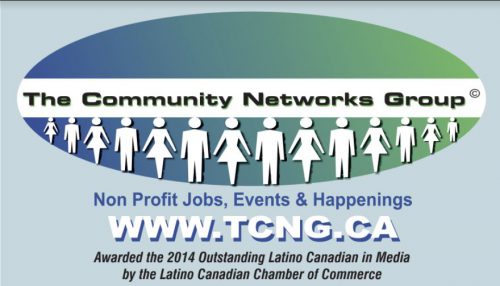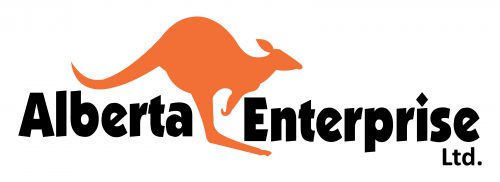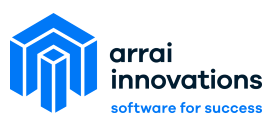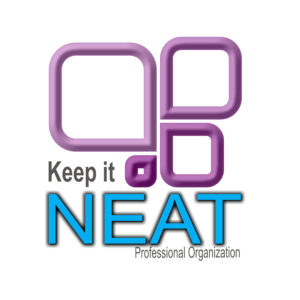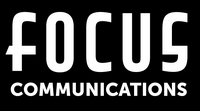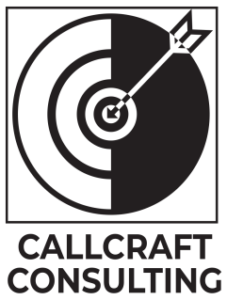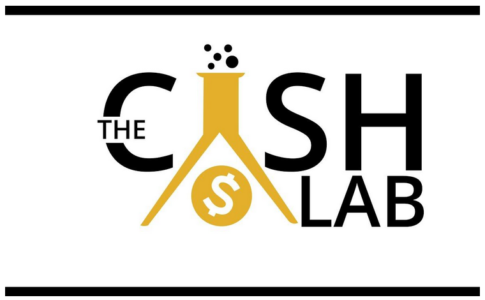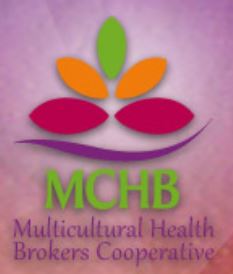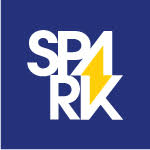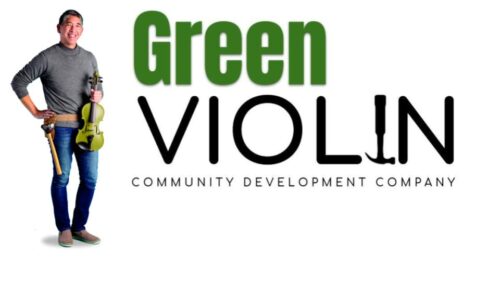Wayfinders is building a one-stop-shop for small business development. We have existing services and we have several projects to develop new programs and services.
Each proposed program and service has a set of requirements and a set of benefits for members. Requirements have associated costs, including research and development costs, as well as costs of start up, operations, maintenance and continuous improvements. The return on investment should be positive. We will recover costs of requirements with user fees over time. However, the early costs of research, development an start up flow prior to any user fees can be applied.
Currently, Wayfinders is focusing on a number of projects in various stages of development. If we had fully adequate funding or financing, we would be able to fire staff or contractors to undertake formal project development in all cases. In the context of Wayfinders, development projects related to business services typically involve several common components. Here’s a breakdown of these components:
- Needs Assessment and Analysis: Before initiating any development project, it’s crucial to conduct a thorough needs assessment to identify the specific requirements and challenges faced by the target audience or the businesses being served. This involves analyzing existing data, gathering feedback from stakeholders, and understanding market trends.
- Goal Setting and Objectives: Clear and measurable goals need to be established for the project. These goals should align with the mission and vision of Wayfinders, as well as the needs identified during the assessment phase. Objectives should be specific, achievable, relevant, and time-bound (SMART criteria).
- Strategic Planning: Develop a strategic plan outlining the steps and resources required to achieve the project goals. This plan should include timelines, budget allocations, risk management strategies, and mechanisms for monitoring and evaluation.
- Service Design and Development: Based on the identified needs and goals, design and develop the business services or solutions to address those needs. This may involve creating new services, enhancing existing ones, or implementing innovative approaches.
- Stakeholder Engagement and Collaboration: Collaboration with various stakeholders, including small businesses, non-profit organizations, co-operatives, and local chapters, is essential throughout the development process. This ensures that the services being developed are relevant, inclusive, and meet the diverse needs of the community.
- Pilot Testing and Iteration: Before full implementation, pilot testing the services allows for feedback collection and refinement. This iterative process helps in identifying areas for improvement and fine-tuning the services to better meet the needs of the target audience.
- Implementation and Rollout: Once the services have been refined through pilot testing, they can be implemented on a larger scale. This involves deploying resources, training staff, and launching marketing and communication efforts to promote the services to the target audience.
- Monitoring and Evaluation: Continuous monitoring and evaluation are essential to assess the effectiveness and impact of the services. This involves collecting data, measuring key performance indicators, and soliciting feedback from stakeholders to inform ongoing improvements and adjustments.
- Sustainability and Scalability: Develop strategies to ensure the long-term sustainability and scalability of the services. This may involve exploring funding opportunities, forging partnerships, leveraging technology, and adapting the services to changing needs and circumstances.
By addressing these common components in the development of business services, Wayfinders can effectively support its members and contribute to the growth and success of the community.






